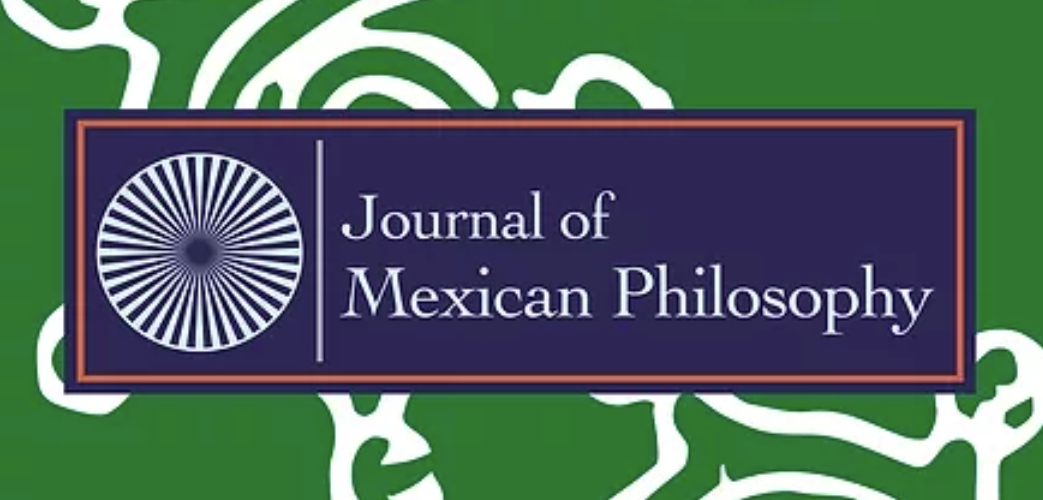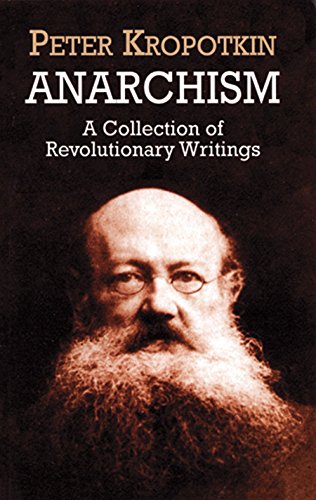In addition to publishing original articles, the editors write that “in each issue of this journal, we will publish one essay in translation by a major Mexican philosopher, or by philosophers working in this tradition who are not yet major but who ought to be.” The inaugural issue, for example, contains a translation of a José Vasconcelos essay by Clinton Tolley (UCSD). The journal also will publish one article in each issue by a Mexican philosopher, according to a post at the 20th Century Mexican Philosophy blog.
For far too long, academic philosophy in the English-speaking world has remained indifferent to the many attempts to shine a light on philosophy produced in Mexico, by Mexican philosophers, or about Mexican themes… Our goal in this journal is to transform indifference into passion and commitment, and to present Mexican philosophy as what we take it to be, namely, a rich philosophical tradition worthy of inclusion in the standard story of the West…


What counts as Mexican philosophy? According to the journal:
We offer JMxP as a challenge to our philosophical comfort zones, insisting along the way that JMxP is not a niche journal for those already interested in Mexican philosophy. It is a journal for those interested in philosophy who are willing to think through the possibility that the Western tradition, understood in the familiar but parochial sense, has much to learn about itself, something that it can only do by (finally) confronting its own ignorance, indifference, and particularity.
The Journal of Mexican Philosophy (JMxP) is a new peer-reviewed, open-access, bilingual philosophy journal that aims “to make Mexican philosophy widely available to an international community of students and scholars.”
Learn more about the journal at its website.
The biannual journal just published its inaugural issue. In an editorial in that issue, the journal’s executive editors, Carlos Alberto Sánchez (San Jose State) and Robert Eli Sanchez, Jr. (Occidental) write:
Mexican philosophy is a philosophical tradition rooted in and framed by the history, geography, culture, and experience of Mexico and its people. Its Mexican profile is reflected in its texts and propositions and lends it a difference that both reflects an unmistakable European inheritance and simultaneously sets it apart from it. The phrase “Mexican philosophy,” however, does not refer only to the philosophy produced in Mexico; it also includes philosophical contributions outside of Mexico, produced by non-Mexicans in languages other than Spanish, as they engage with its figures, history, texts, themes, and concepts.





